In the world of nutrition, not everything is as it seems. Many foods, touted as healthy, may not be as beneficial as advertised. This list explores ten foods often mistaken for being nourishing but aren’t, and ten that genuinely support a healthy lifestyle. Let’s uncover the truth behind these dietary mysteries.
Granola Bars
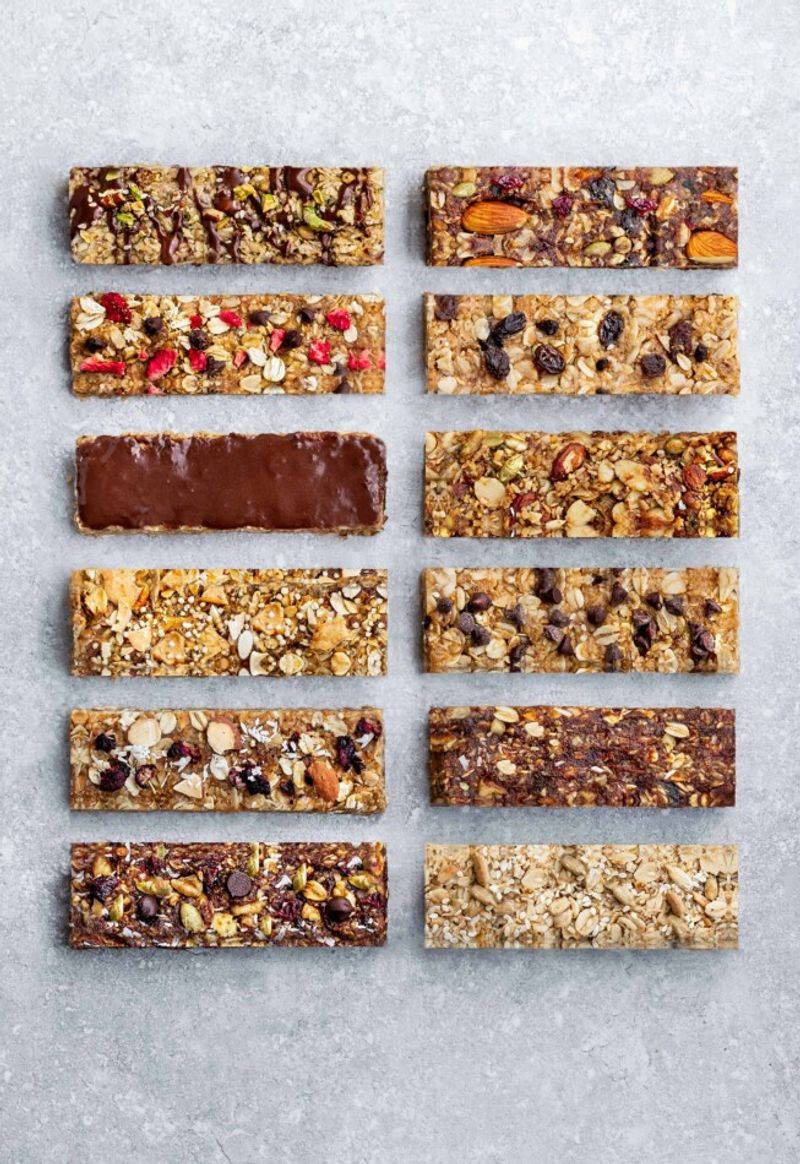
Granola bars, with their promises of whole grains and natural ingredients, seem like a perfect snack. However, many are packed with sugars and artificial additives, making them more like candy bars. These hidden elements can overshadow their wholesome appearance.
Often marketed towards health-conscious individuals, these bars can be deceiving. While they provide a quick energy boost, the sugar crash that follows can leave you feeling sluggish and unsatisfied. It’s essential to read the labels carefully before considering them a healthy choice.
Flavored Yogurt
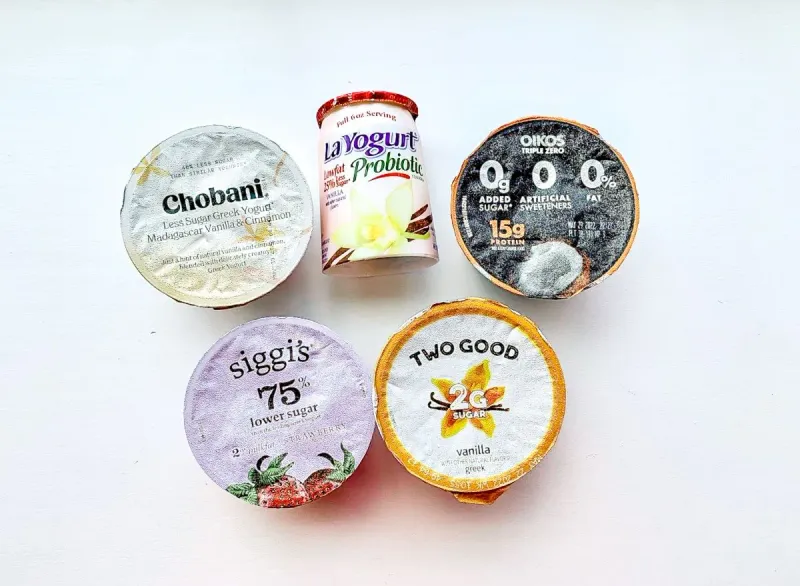
Flavored yogurts often present themselves as a nutritious option, combining the benefits of yogurt with fruit. However, they are frequently laden with sugars and artificial flavors, turning them into dessert-like treats. The health halo surrounding them can be misleading.
For those seeking a probiotic-rich diet, plain yogurt with real fruit is a better alternative. The added sugars in flavored yogurts can negate the benefits, making them less suitable for a healthy lifestyle.
Fruit Juices
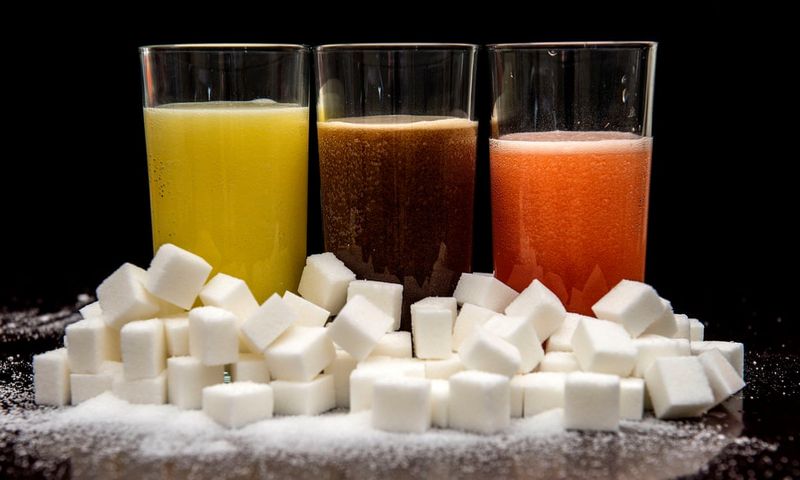
Fruit juices are often perceived as a source of vitamins and hydration. However, many commercially available juices are high in sugar and lack the fiber found in whole fruits. This imbalance can lead to spikes in blood sugar levels.
The convenience of bottled juices might seem appealing, yet it’s essential to recognize their limitations. Opting for whole fruits ensures the intake of fiber, crucial for digestion and satiety.
Veggie Chips
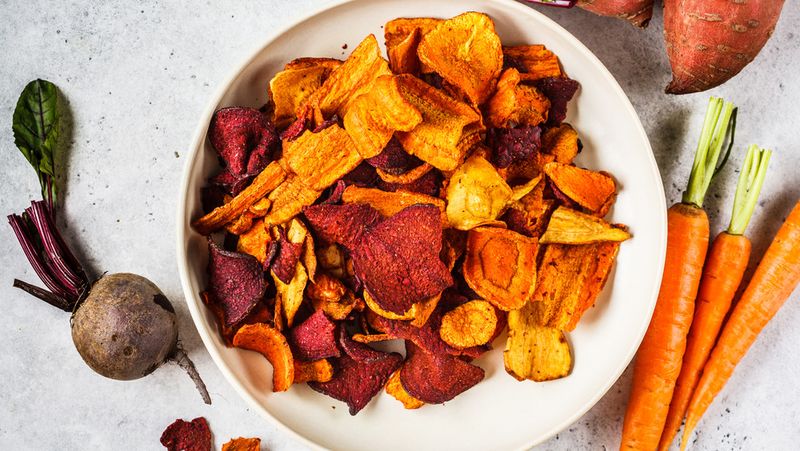
Veggie chips masquerade as a healthy alternative to regular chips due to their vegetable origins. Despite their colorful appearance, they are often fried and salted, diminishing their nutritional value.
While they may seem like a fun way to incorporate vegetables into your diet, their processing can strip away essential nutrients. Always check for baked versions or make your own at home for a healthier option.
Protein Shakes

Protein shakes are marketed as a fitness enthusiast’s dream, promising muscle growth and recovery. Yet, many contain added sugars, preservatives, and unhealthy fats, which can counteract their benefits.
These drinks can be beneficial when consumed correctly, but it’s crucial to choose brands that prioritize natural ingredients. Homemade shakes with fresh fruits and nuts are often a healthier choice.
Brown Bread

Brown bread often carries the illusion of being healthier than its white counterpart. However, not all brown breads are created equal. Many are simply white bread dyed brown with additives, lacking true whole grain benefits.
To make informed choices, look for breads labeled 100% whole grain. These options provide the fiber and nutrients that are vital for maintaining health, unlike their misleading counterparts.
Frozen Yogurt

Frozen yogurt is frequently seen as a healthier alternative to ice cream. However, it often contains high levels of sugar and fat, making it similar in caloric content to traditional ice cream.
While it’s a refreshing treat, moderation is key. To truly enjoy frozen yogurt as a healthier option, seek out varieties with low sugar content and pair them with fresh fruit toppings.
Bran Muffins

Bran muffins give the impression of a wholesome breakfast choice. However, many are packed with sugars and refined flours, resembling cake more than a nutrient-rich snack.
When seeking a healthy muffin, check for options made with whole grains and minimal sugar. Homemade versions can offer more control over ingredients, ensuring a truly nourishing treat.
Salad Dressings
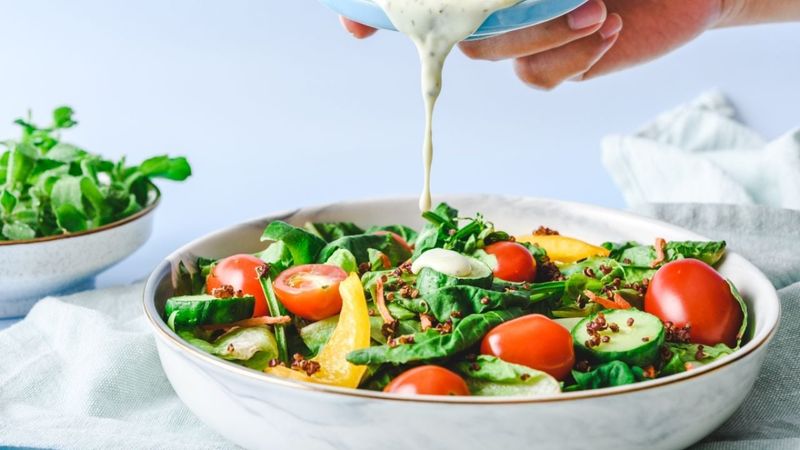
Salad dressings can turn a healthy salad into a calorie-dense meal. Creamy dressings, in particular, are often high in fats and sugars, undermining the health benefits of the vegetables underneath.
Opting for vinaigrettes or making your own dressing can enhance the flavor without adding unwanted calories. It’s a simple step towards maintaining a genuinely healthy meal.
Smoothies

Smoothies are often seen as a nutritious way to consume fruits and vegetables. However, those from commercial outlets can be high in sugars and calories, depending on the ingredients used.
For a truly healthful smoothie, blend your own at home with fresh produce and minimal sweeteners. It’s a delicious way to ensure you’re getting the nutrients without the added sugars.
Quinoa
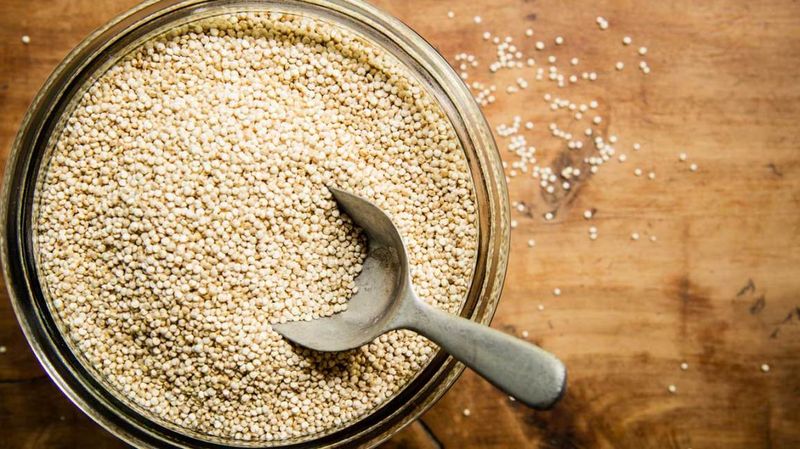
Quinoa stands proud as a superfood, rich in protein and fiber. This ancient grain supports a balanced diet while offering essential amino acids.
Known for its versatility, quinoa can be incorporated into salads, soups, or as a side dish. Its nutrient profile makes it an excellent choice for those seeking a healthful addition to meals.
Chia Seeds
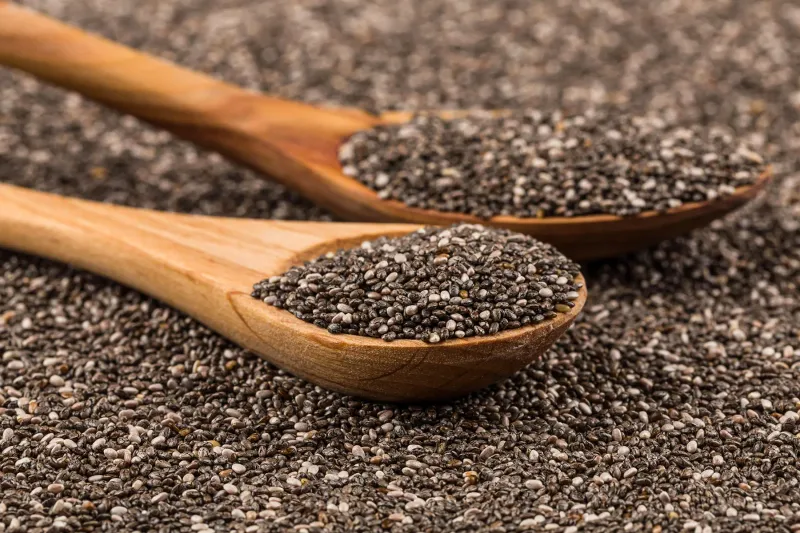
Chia seeds are tiny powerhouses of nutrition, packed with omega-3 fatty acids, antioxidants, and fiber. These seeds are celebrated for their ability to promote heart health and boost energy levels.
When added to smoothies, yogurts, or puddings, chia seeds offer a delightful texture and a substantial nutritional boost. They are a versatile ingredient for those pursuing a healthier lifestyle.
Avocado
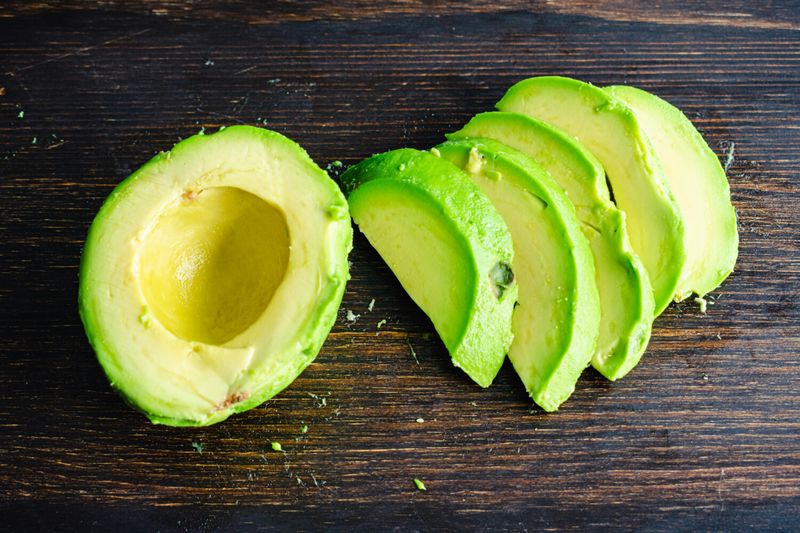
Avocado, with its creamy texture and rich flavor, is a beloved fruit among health enthusiasts. It’s high in healthy fats, particularly monounsaturated fats, which are beneficial for heart health.
The versatility of avocado makes it a popular addition to salads, sandwiches, and even smoothies. Its nutrient density supports satiety and overall well-being.
Kale
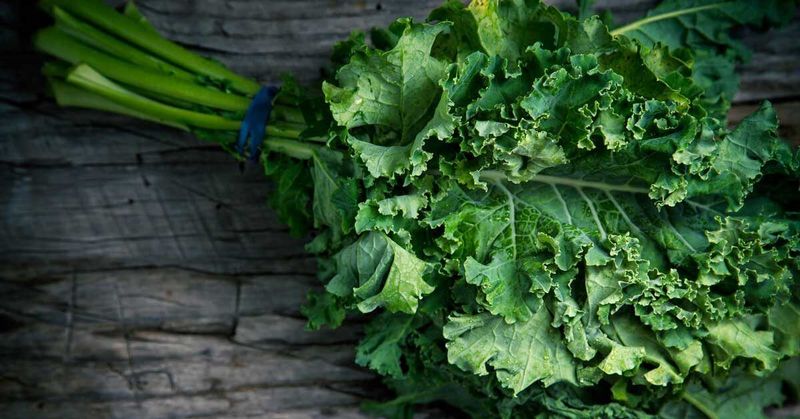
Kale is renowned for its nutrient-rich profile, boasting high levels of vitamins A, K, and C. This leafy green is a staple in many health-conscious diets.
Whether enjoyed as a salad, smoothie ingredient, or kale chips, its versatility is matched by its health benefits. Kale’s robust flavor and nourishing qualities make it a popular choice for those seeking a healthier diet.
Blueberries

Blueberries, small yet mighty, are packed with antioxidants and vitamins, making them a true superfood. They are known for their potential to boost brain health and reduce inflammation.
These berries can be enjoyed fresh, in smoothies, or as a topping for cereals and desserts. Their sweet and tangy flavor, coupled with nutritional benefits, makes them a delightful choice for health enthusiasts.
Sweet Potatoes

Sweet potatoes, with their vibrant orange hue, are rich in beta-carotene and fiber. These nutrients contribute to eye health and digestive wellness.
Whether roasted, mashed, or baked, sweet potatoes offer a satisfying combination of sweetness and nutrition. They are a versatile staple in many healthy diets, cherished for their taste and benefits.
Almonds
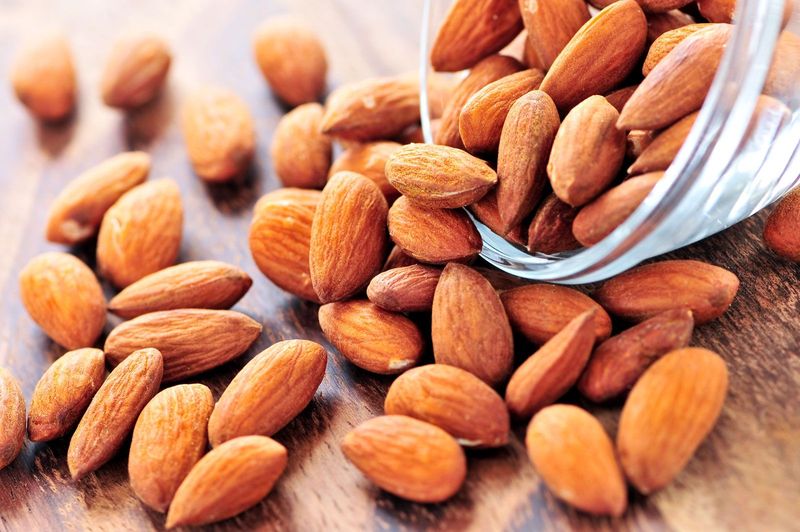
Almonds are celebrated for their heart-healthy fats, vitamin E, and fiber. These nuts are a convenient and nutritious snack for those on-the-go.
Incorporating almonds into your diet can support weight management and overall health. Their crunchy texture and mild flavor make them a popular choice for healthy eating.
Spinach
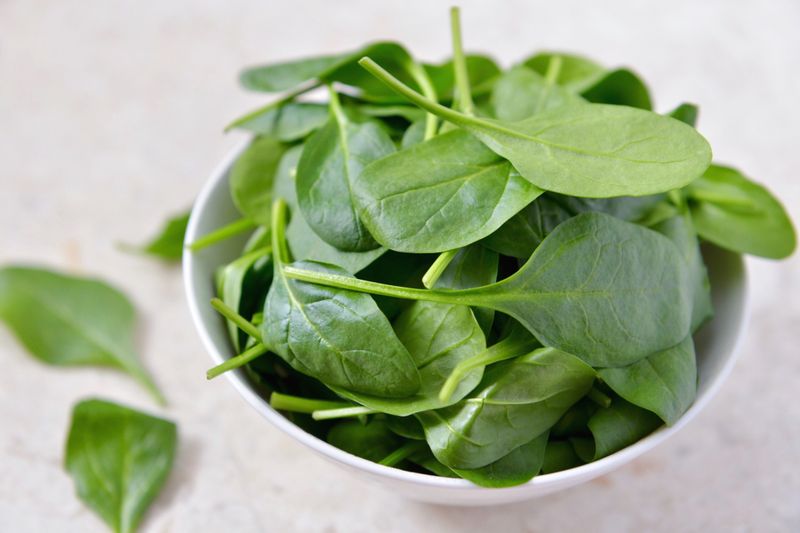
Spinach is a leafy green powerhouse, rich in iron, vitamins, and antioxidants. It’s a versatile ingredient that enhances the nutritional value of numerous dishes.
Adding spinach to salads, smoothies, or cooked meals provides a wealth of nutrients essential for overall health. Its mild flavor and nutritional profile make it a favorite among health enthusiasts.
Oats
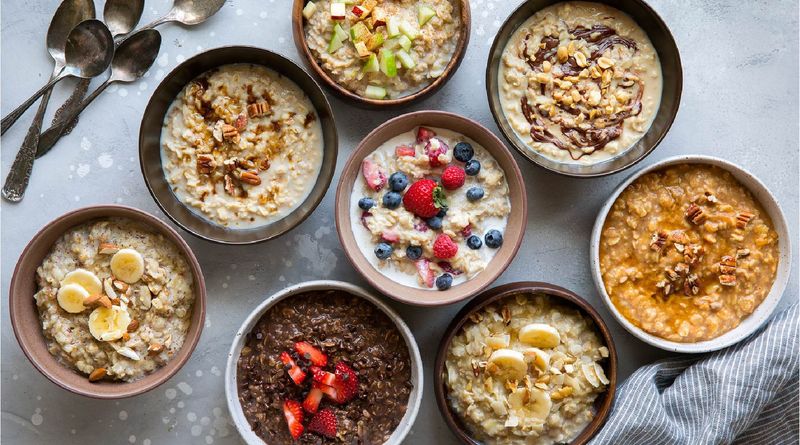
Oats are a beloved breakfast staple, known for their high fiber content and ability to keep you full longer. They offer a heart-healthy option for starting the day.
Whether enjoyed as oatmeal, in granola, or baked goods, oats provide a nourishing foundation for various meals. Their versatility and health benefits make them a popular choice for breakfast lovers.
Salmon

Salmon is prized for its rich omega-3 fatty acids and protein content, making it a heart-healthy choice for many. This fish supports brain health and inflammation reduction.
Whether grilled, baked, or smoked, salmon offers a delicious and nutritious option for meals. Its savory flavor and health benefits are cherished by those seeking balanced nutrition.
Leave a comment